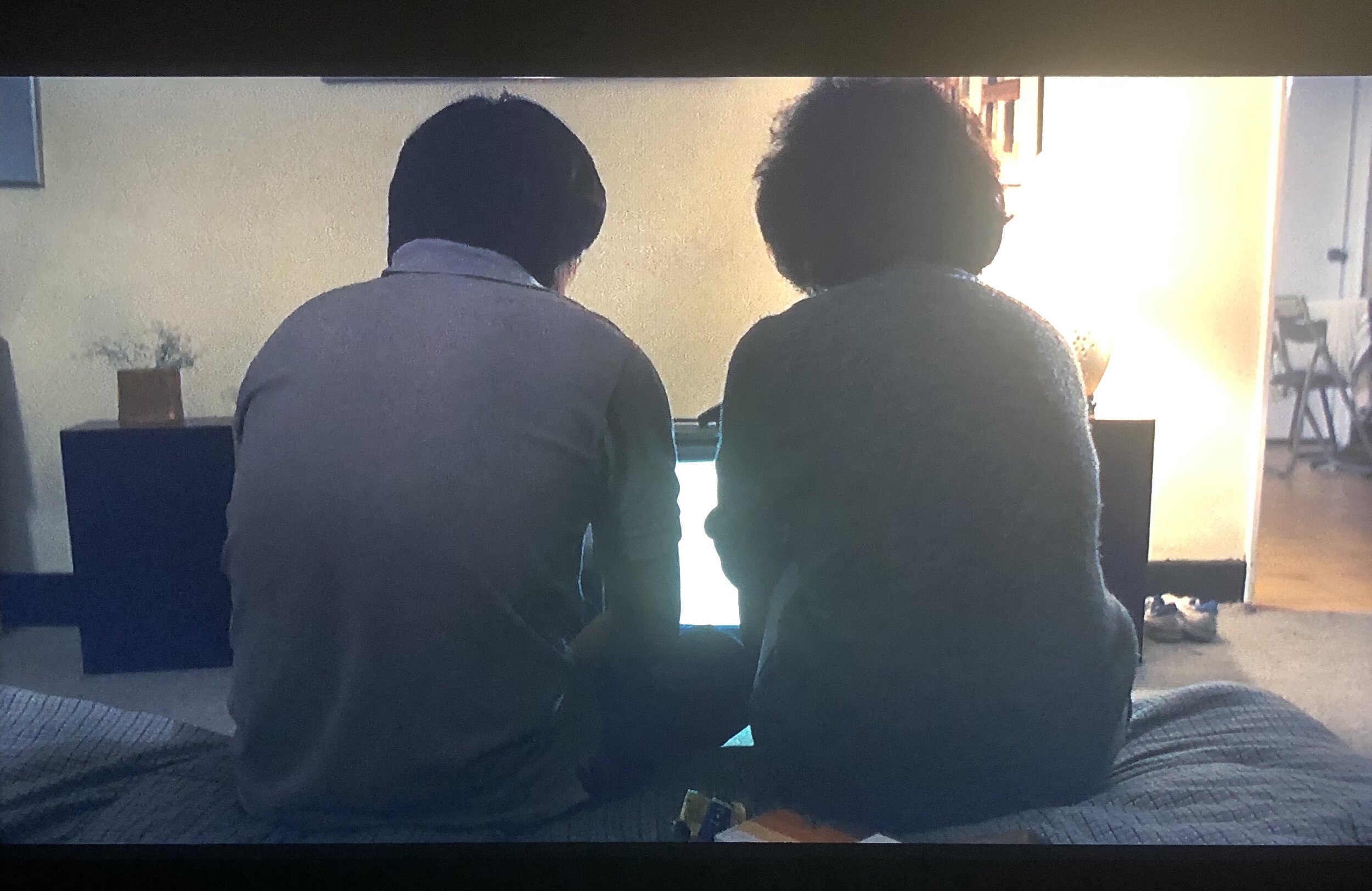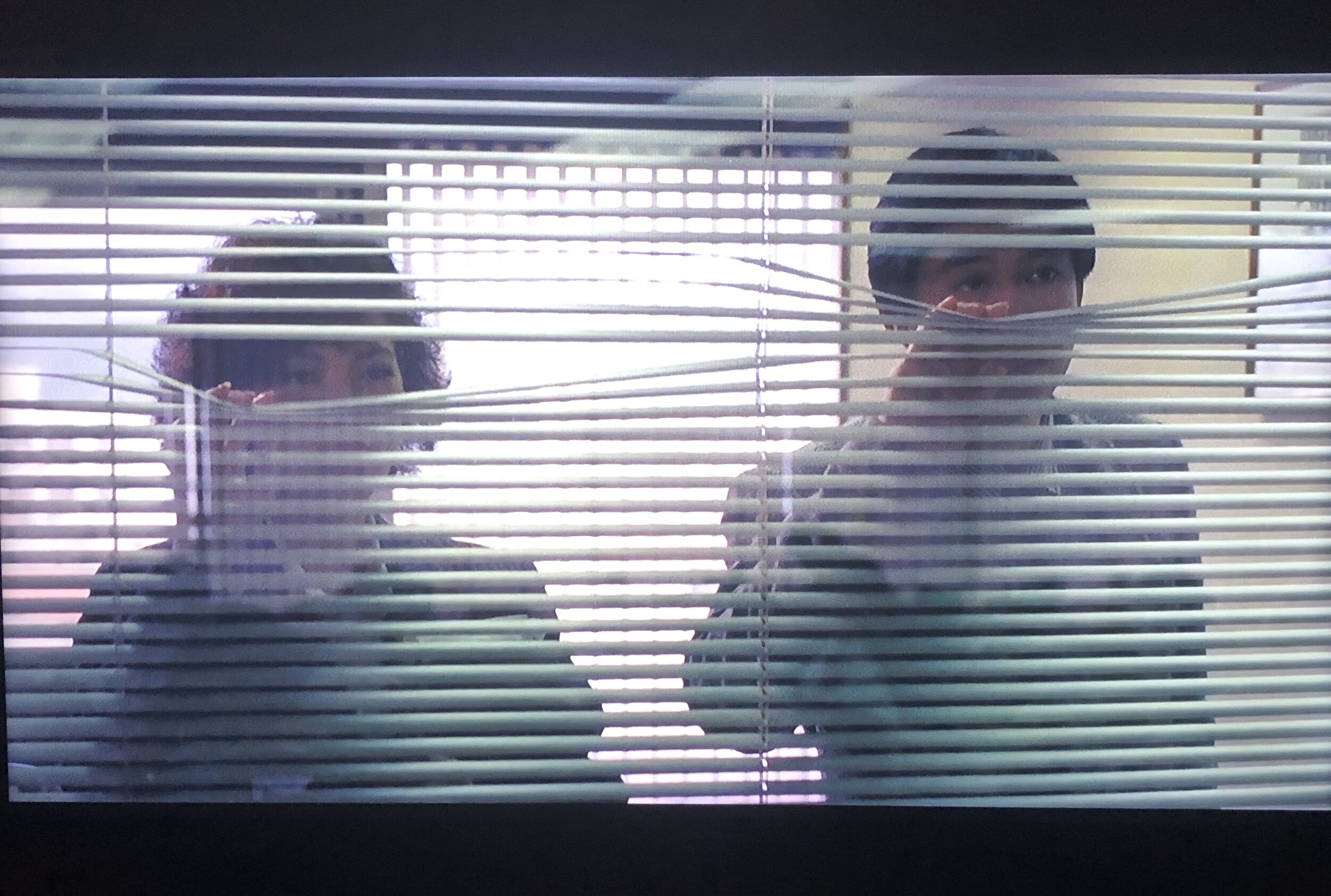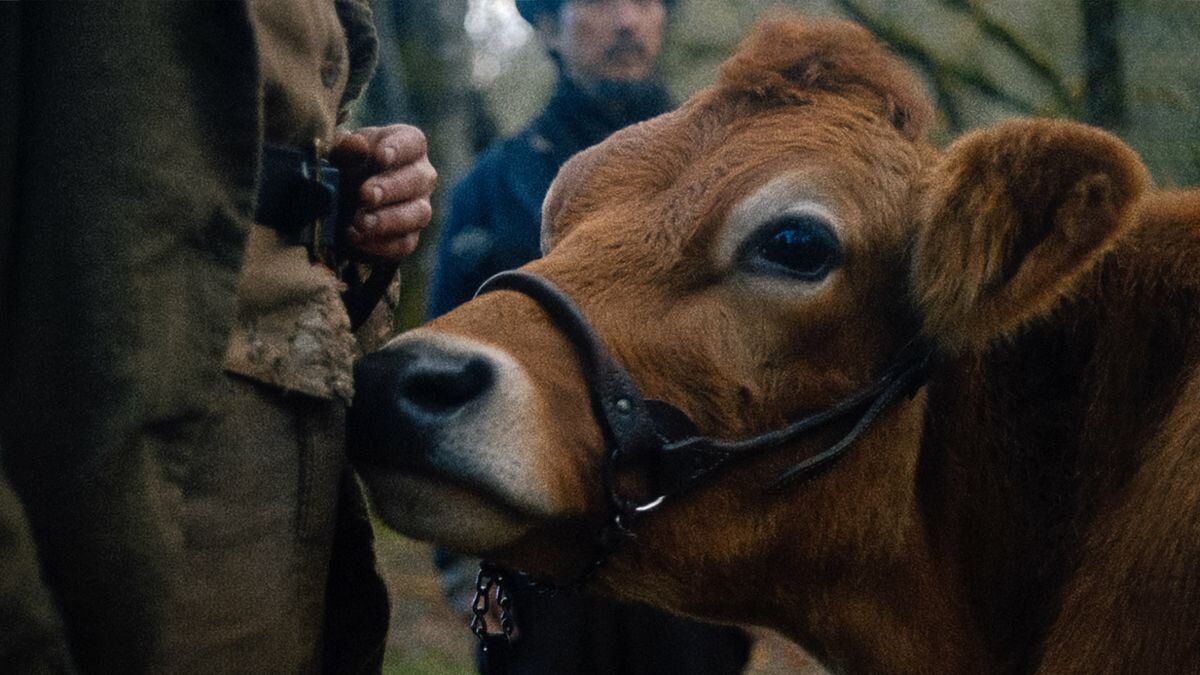11. [Schoneweide]
[i]
I know this is the most difficult thing. How to let it end,
as if nothing had happened. Suddenly
things change: doors are opened which
until then were shut. I did not wish to speak of this
to anyone. That is how I left, without saying goodbye,
without bidding anyone farewell. Just visited a few
acquaintances, as before. I dropped in for a chat,
to drink a beer, to sit and listen. Sometimes making
a comment. I adjusted the telephone only to receive calls.
Paid my bills several months in advance. And had to pay
something else. I topped up my account,
so that there would be money in it.
No telling what could happen. Whatever.
[ii]
I walked for the last time along those streets
where I walked one and a half years ago, before I moved here
to the tower blocks. Amongst the pock-marked concrete slabs,
where my mood was always foul.
If I looked out of my window, I saw the wall of the building across
from me, stained grey and black from the rainy streaks
of scum. I watched people in their kitchens, washing dishes,
smoking or eating. And they watched me, as I held
them in my view. Sometimes they quarreled.
From behind the closed windows came the sound of their shouting. My
spirits fell. I watched their mornings:
as they rose, got dressed, prepared
for their day. In the evenings the blue radiating light of the television shone
into their rooms. I stood for a long time in the slowly dying light.
[iii]
Then one evening, I observed
the lit-up windows of Schoneweide’s ruined buildings
from the S-Bahn. And sometimes I would get off
at the airport stop. I watched the lights in the pock-marked sky.
As the planes landed and took off. In the evenings
teenagers on the platform always begged
for cigarettes. A box went fast. I
smoked a lot of them. I would buy a carton
of Magnums from the Chinese or Vietnamese vendors. And
always felt afraid, but not so much that I failed
to bargain with them. I came from abroad, and these adolescents
particularly disliked foreigners. There was one boy, perhaps
living in the same district as I. He always
asked me for one, we often met in the evenings. Then he would
only say: Feuer? He didn’t ask, it was
practically a command. I readily lit up his cigarette. He was
a mangy, lost soul. I pitied him. And I thought of my relatives,
the ones whom I could never meet. Who
hovered for a while above the German-Polish lowlands, as
dust and ashes. Perhaps that is why I wanted to look, simply
to observe, for months on end, what the sky was like over Berlin.
- Szilard Borbely














